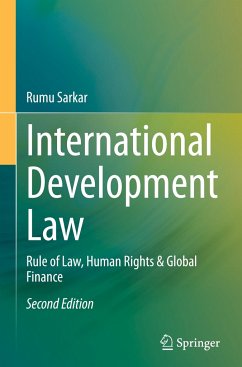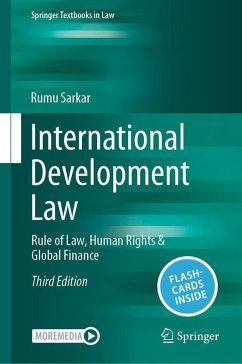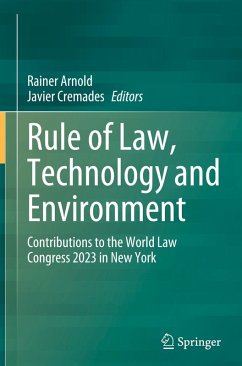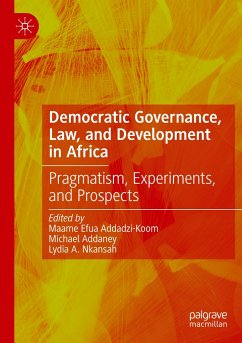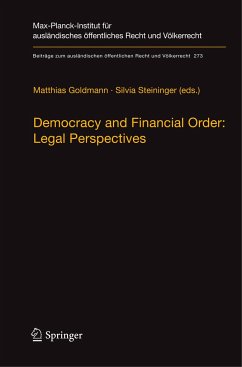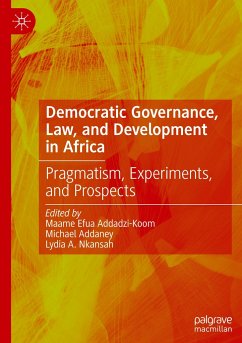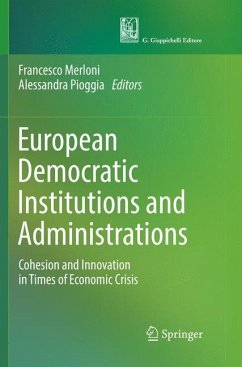
International Development Law
Rule of Law, Human Rights & Global Finance
Versandkostenfrei!
Versandfertig in 6-10 Tagen
106,99 €
inkl. MwSt.
Weitere Ausgaben:

PAYBACK Punkte
53 °P sammeln!
This book describes how international development works, its shortcomings, its theoretical and practical foundations, along with prescriptions for the future. International Development Law provides the reader with new perspectives on the origins of global poverty, identifies legal impediments to sustainable economic growth, and provides a better understanding of the challenges faced by the international community in resolving global poverty issues. The text is structured into two basic parts: the first part deals with the theoretical and philosophic foundations of the subject, and the second p...
This book describes how international development works, its shortcomings, its theoretical and practical foundations, along with prescriptions for the future. International Development Law provides the reader with new perspectives on the origins of global poverty, identifies legal impediments to sustainable economic growth, and provides a better understanding of the challenges faced by the international community in resolving global poverty issues. The text is structured into two basic parts: the first part deals with the theoretical and philosophic foundations of the subject, and the second part sets forth issues relating to the international financial architecture, namely, international borrowing practices, privatization, and emerging economies. In particular, the book provides new, innovative analysis on corruption as an impediment to sustainable development. The three interlocking facets of corruption are examined: transnational organized crime, Islamic-based international terrorism, and corruption within emerging economies and the international banking system. Thus fresh new analysis adds depth and clarity to a field that heretofore has been scattered and superficial. Finally, the "right to development" within the international human rights discourse is critically reviewed, particularly in light of new jurisprudence emerging from the African context.This book offers a fresh, new and balanced legal perspective on the development process. The text has been rigorously researched and has many practical facets based on the author's professional experience within the international development field. It is an invaluable research and teaching tool since it takes a multidisciplinary approach to putting complex issues, legal trends and political questions into a clear, new perspective that is highly analytical as well as accessible to the reader. The author's elegant legal prose is both powerful and persuasive.





